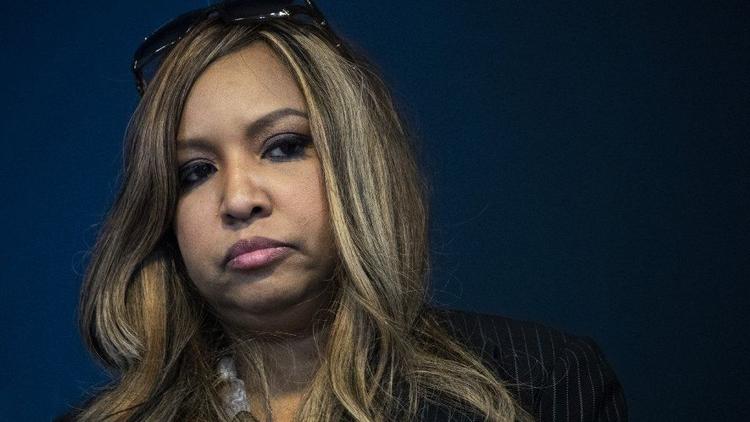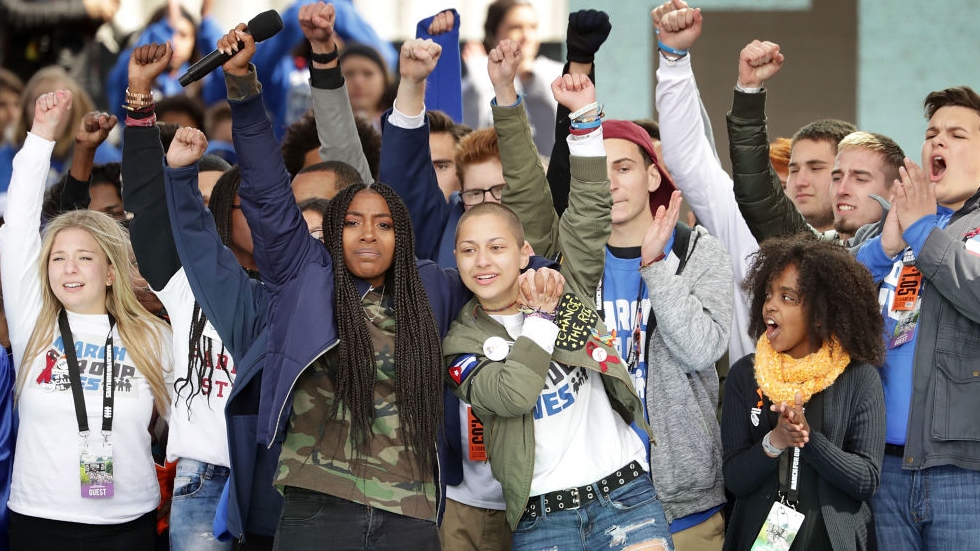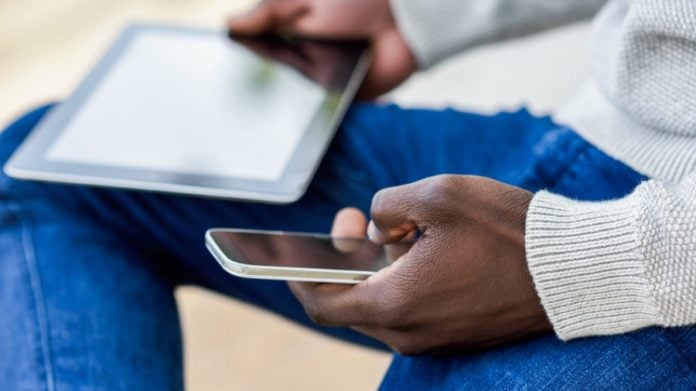
By Dahleen Glanton Contact Reporter
I feel sorry for Lynne Patton. How humiliating it must have been to be dragged before the public as Donald Trump’s token black friend.
That’s not why I pity her, though. Most African-Americans, at one time or another, have been called upon to vouch for a white friend’s authenticity. If not that, we’ve certainly been held up as the token African-American in our workplace.
Most black people know when they are being used. Patton, no doubt, knew it too. But for some reason, she was willing to put her self-respect aside and stand before a national television audience as living proof that Trump is not a racist.
While the issue of race is not new in regard to Trump, it took an unusual twist last week when Michael Cohen, Trump’s former personal lawyer, testified before the House Oversight Committee that he had first-hand knowledge that Trump is racist.
To counter that claim, Rep. Mark Meadows, a North Carolina Republican who has his own set of racial baggage, invited Patton to Capitol Hill to prove Cohen wrong.
So when he mentioned her name at the hearing, Patton stood up in her stylish white cape and didn’t say a word, as Meadows spoke for her.
“She says that as a daughter of a man born in Birmingham, Ala., that there is no way that she would work for an individual who was racist,” Meadows said. “How do you reconcile the two of those?”
Cohen’s answer was revealing. “Ask Miss Patton how many people who are black are executives at the Trump Organization. And the answer is zero.”
Days later, Patton is still defending Trump publicly. But she seems to realize that she has been damaged. By allowing herself to be used, this smart woman who managed to work her way up from a Trump family aide to a regional administrator at the Department of Housing and Urban Development diminished her own accomplishments and settled for being merely a FODT (Friend of Donald Trump).
Later, on Instagram, she tried to set the record straight.
“I’m highly educated. I’m not a racist. I’m not low-info. I’m a professional. I’m not brainwashed. I’m not part of a ‘cult’. I don’t live in a bunker,” she posted. “I hate political correctness. I’m a leader — not a follower. I believe we need a big change. I don’t blindly believe the liberal media. I’m tired of politicians who lie & cheat. I support Donald Trump.”
Who knows why Patton agreed to vouch for Trump. Maybe she feels as though she owes him something. Maybe she enjoys being on the periphery of the president’s inner circle. Maybe she just really, really likes him.
More important, though, is why Meadows thought that one African-American could magically transform Trump’s prejudiced persona into a man of great tolerance. Unfortunately, that’s not unusual either. Even some white people who aren’t racist have a token black friend, and often they don’t even realize it. If you ask them, they will insist that they are open-minded and inclusive. But when they start naming their black friends, it’s only one person.
When they can point to one black person as a good friend, they can navigate through the world proudly as an obviously broad-minded person who is colorblind. But it’s impossible not to see color because each of us, regardless of race or ethnicity, is a conglomeration of our life experiences, and many of those are steeped in our racial and cultural identities. That is, in fact, what makes everyone unique.
Meadows obviously didn’t realize that his ploy would deeply offend some of his colleagues who are people of color. But in this testy climate of racial politics, the fresh, diverse crop of newly elected congresswomen told him in no uncertain terms that the stunt he had just pulled was racist.
“Just because someone has a person of color, a black person working for them, does not mean they aren’t racist,” said Rashida Tlaib, who is Palestinian-American. “And it is insensitive that someone would … actually use a prop, a black woman, in this chamber, in this committee is alone racist in itself.”
Visibly upset, Meadows suggested that she had called him a racist and insisted that her words be stricken from the record. Then he turned to his own African-American friend for validation.
“If anyone knows my record as it relates … it should be you, Mr. Chairman,” he said, looking for backup from Democratic Rep. Elijah Cummings. “I need to be clear. I have defended you…”
“Mr. Meadows, I’m the chair,” Cummings said. “I will clear this up.” He then asked Tlaib if she wanted to rephrase her comment. Eventually, she said that she had not intended to call the congressman a racist, but rather express her feelings about what happened.
But that wasn’t enough for Meadows. He needed everyone, especially his Democratic critics, to hear Cummings acknowledge that they are friends. “You and I have a personal relationship that’s not based on color. To even go down this direction is wrong, Mr. Chairman,” Meadows said.
For good measure, he threw out the old, “I’ve got people of color in my family” explanation for why he couldn’t possibly do anything racist.
“There’s nothing more personal to me than my relationship, my nieces and nephews are people of color. Not too many people know that,” Meadows said. “You know that, Mr. Chairman.”
Then came the reverse racism card that African-Americans are all too familiar with.
“To indicate that I asked someone who is a personal friend … who knows this particular individual, that she is coming in here as a prop. It is racist to suggest that I asked her to come in here for that reason,” he said.
Finally, Cummings gave Meadows what he so desperately wanted.
“Mr. Meadows, you know of all the people on this committee, I’ve said it and got in trouble for it, that you are one of my best friends. I know that shocks a lot of people. I’ve gotten into a lot of trouble for it,” he said. “And I could see and feel your pain. I feel it.”
As it turns out, they are apparently nothing more than work friends. But maybe Meadows will invite the Cummings family to vacation with his family during the next break. And maybe Patton will get to hang out with Trump and the first lady at Mar-a-Lago one weekend.
Who knows what will come of these two great friendships? But at least we learned something from the hearing. It gave us terrific insight into whether Trump and Meadows are actually racists.









